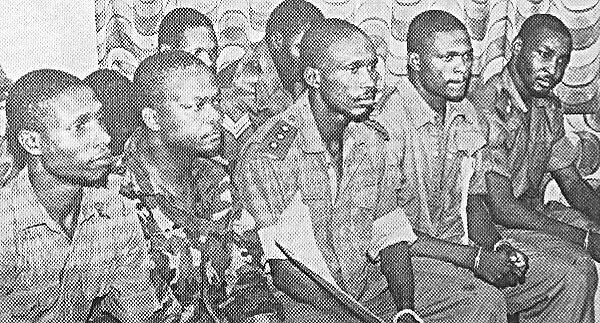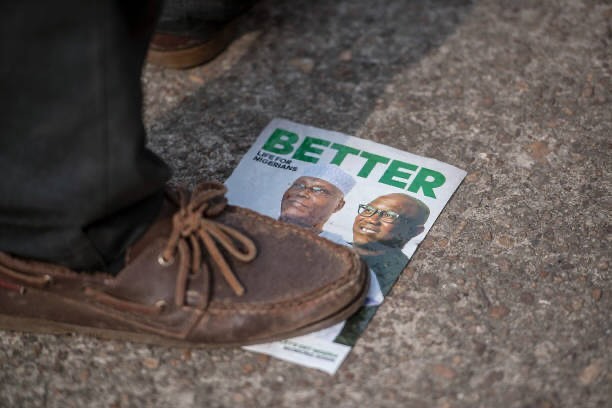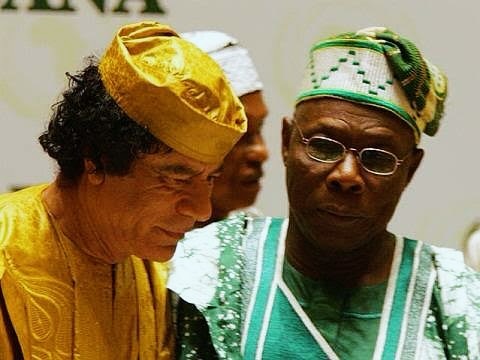Remembering Major Gideon Orkar and His Attempted Failed Coup D’etat in April 1990
The military coup attempt in Nigeria on April 22, 1990, was the result of a group of Armed Forces officers led by Major Gideon Orkar trying to topple General Ibrahim Babangida’s regime (Bagangida had assumed power in the coup d’état in 1985). The military took control of the Dodan Barracks, the presidential mansion and military headquarters, as well as the FRCN radio station and other military outposts in the Lagos area. Babangida was there throughout the attack on the barracks, but he was able to flee by an alternate path. Orkar demanded the removal of five northern states from Nigeria during the coup speech, claiming that Babangida intended to establish himself as the country’s permanent president and that the Niger Delta and the entire southern region of the country would be marginalized by the Federal Military Government. In 1978, Orkar was assigned to the peacekeeping mission in Chad. He served in several units including the Reece in Kaduna, 82, Div, Enugu, and Armoured School, Bauchi. He was a student at the Command and Staff College, Jaji, in 1986, when he took the senior officers course 9. In Oyo State, he was also Saki 22 Armoured Battalion commander. Before the coup in April 1990, his last position was with the Command’s Directing Staff and Staff College, Jaji. “They all consider me a traitor, even though I had the courage to fight for the freedom of the nation. The country would comprehend and acknowledge what I was genuinely fighting for in the coming years“. — Gideon Orkar



